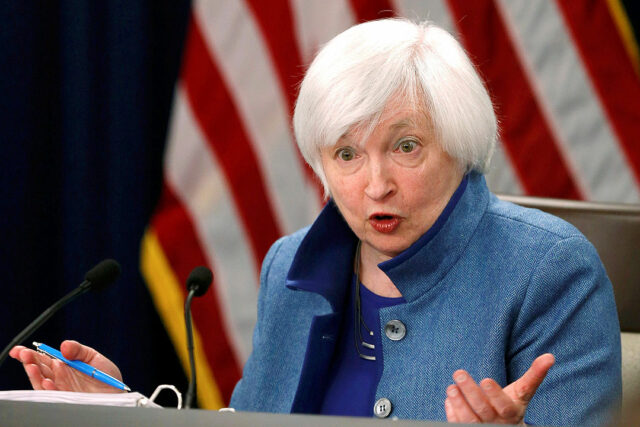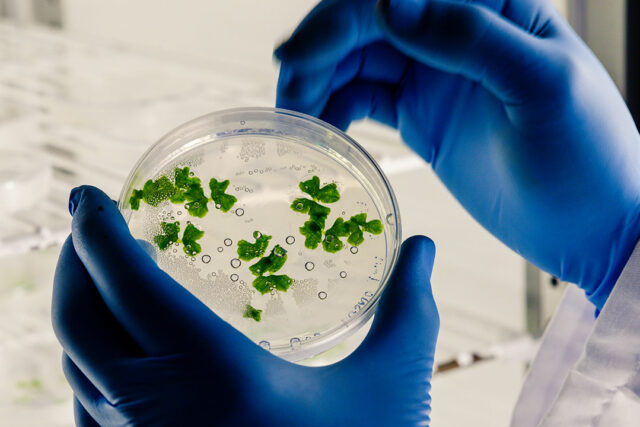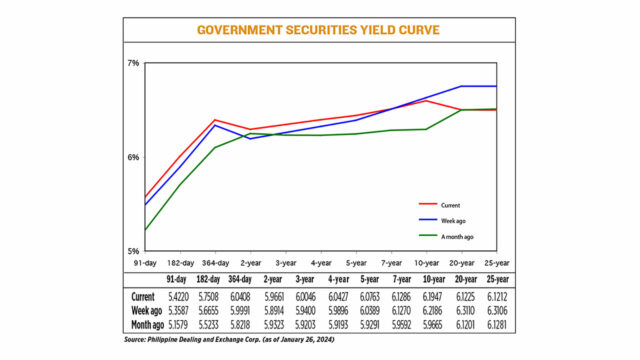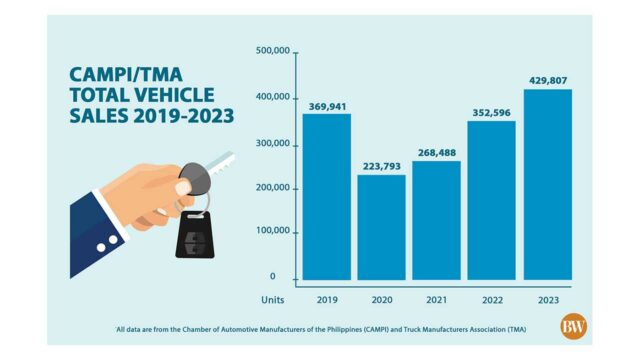In recent years, the term “virtue signaling” has infiltrated public discourse, reflecting a phenomenon where individuals or organizations proclaim their commitment to certain values, often without substantial action. As we navigate the complexities of this societal trend, let’s delve into instances of virtue signaling within various organizations.
THE PROS OF VIRTUE SIGNALING
Awareness and Advocacy: One of the primary advantages of virtue signaling is its potential to raise awareness and advocate for important social causes. When individuals or organizations use their platforms to speak out on issues like environmental conservation, human rights, or social justice, they can contribute to broader conversations and mobilize support.
Brand Loyalty and Customer Engagement: Consumers increasingly seek out brands that align with their values. Virtue signaling, when authentic and backed by genuine efforts, can foster a sense of connection and loyalty among consumers. Brands that actively participate in social and environmental causes may find that their customers are more engaged and committed.
Cultural and Social Progress: Virtue signaling can be a catalyst for cultural and social progress. When influential figures or organizations publicly endorse inclusive values, they contribute to shaping a more tolerant and accepting society. This can lead to positive shifts in public discourse and policies.
THE CONS OF VIRTUE SIGNALING
Hypocrisy and Inconsistency: A major criticism of virtue signaling is the potential for hypocrisy and inconsistency. Accusations often arise when individuals or organizations proclaim support for a cause but fail to implement meaningful changes internally. This disjunction between public declarations and actual practices can erode trust.
Tokenism and Superficiality: In some cases, virtue signaling is seen as being merely symbolic, with little substance behind the gestures. When brands or personalities engage in tokenism — making superficial changes without addressing deeper issues — it can be perceived as opportunistic and insincere.
Backlash and Cynicism: Virtue signaling can attract a backlash, especially when it is perceived as opportunistic or insincere. Critics argue that some individuals and organizations exploit social issues for personal gain or to enhance their public image. This can lead to public cynicism, where genuine efforts are met with skepticism.
There are several examples of controversies that surround the issue of virtue signaling.
Several brands have faced criticism for engaging in greenwashing — a form of virtue signaling where companies exaggerate or falsely claim their commitment to environmentally friendly practices. In 2019, a car company faced a backlash for promoting their electric vehicles while simultaneously being embroiled in a scandal involving diesel emissions. Celebrities are often under the spotlight for their public statements and actions. A popular singer, for instance, faced criticism for posting a black square on social media without concrete actions to address racial injustice. Several corporations have been criticized for virtue signaling in the realm of diversity and inclusion. Allegations often center on companies making public commitments to diversity without implementing substantive changes in their hiring practices or organizational culture.
Indeed, virtue signaling, on the surface, appears noble — a declaration of values and principles that align with societal expectations. However, its authenticity often comes under scrutiny when actions fail to substantiate the declared virtues.
In the Asian corporate sphere, this trend has become increasingly conspicuous. Many organizations are quick to jump on social justice bandwagons, aligning their brands with popular causes to resonate with consumers and stakeholders. However, the effectiveness and authenticity of these gestures remain questionable.
Take, for instance, a recent campaign by a major fast-food chain. The company launched an initiative to promote environmental sustainability, pledging to reduce plastic usage in its packaging. While this may seem like a laudable move, critics argue that it merely scratches the surface of the environmental issues plaguing the country. The organization’s core operations, they argue, continue to contribute significantly to ecological degradation.
In the tech industry, some Asian giants have also embraced virtue signaling, particularly in the realm of diversity and inclusion. A multinational tech corporation recently celebrated its commitment to gender equality, with colorful social media campaigns and statements during corporate events. However, insiders argue that the company’s leadership still lacks gender diversity, and women remain underrepresented in key decision-making roles.
The essence of virtue signaling lies in the disjunction between words and actions. It often involves carefully curated public relations maneuvers that prioritize optics over substance. As organizations become increasingly attuned to the demands of a socially conscious audience, there’s a danger of performative activism overshadowing genuine efforts toward positive change.
In the Philippines, where social media has a significant influence on public perception, virtue signaling has found fertile ground. Companies are keenly aware that aligning themselves with popular causes can enhance their brand image. However, the discerning consumer base is becoming more adept at distinguishing between authentic commitment and mere posturing.
Virtue signaling isn’t solely confined to the corporate sector; it permeates various facets of society. Even political figures and non-profit organizations are not immune. The challenge lies in fostering a culture where genuine action aligns with professed values.
As we navigate this landscape, it is crucial for consumers and stakeholders to demand transparency and accountability from the entities they engage with. Scrutiny of virtue signaling practices can prompt organizations to shift from mere symbolic gestures to meaningful, impactful actions.
Virtue signaling is a complex and multifaceted phenomenon that permeates various aspects of contemporary discourse. While it can serve as a powerful tool for raising awareness and advocating for positive change, the pitfalls of hypocrisy and superficiality underscore the importance of authenticity.
As individuals and organizations navigate the delicate balance between expressing values and taking meaningful action, the scrutiny of public discourse will continue to shape the evolving dynamics of virtue signaling. As we reflect on the examples of controversies surrounding virtue signaling, it becomes evident that the public demands a higher standard of accountability and sincerity from those who seek to signal virtue in the public sphere. Ultimately, the challenge lies in fostering a culture where expressions of moral values are not just performative but are rooted in genuine efforts toward positive change.
Indeed, the rise of virtue signaling calls for a nuanced examination of the motivations and actions behind these declarations. Genuine commitment to values requires more than rhetoric — it demands tangible, sustained efforts. As consumers and citizens, we hold the power to encourage authenticity, pushing organizations to move beyond the superficial and truly embody the virtues they claim to champion.
Ron F. Jabal, DBA, APR, is the chairman and CEO of the PAGEONE Group (www.pageonegroup.ph) and founder of Advocacy Partners Asia (www.advocacy.ph).
ron.jabal@pageone.ph
rfjabal@gmail.com














